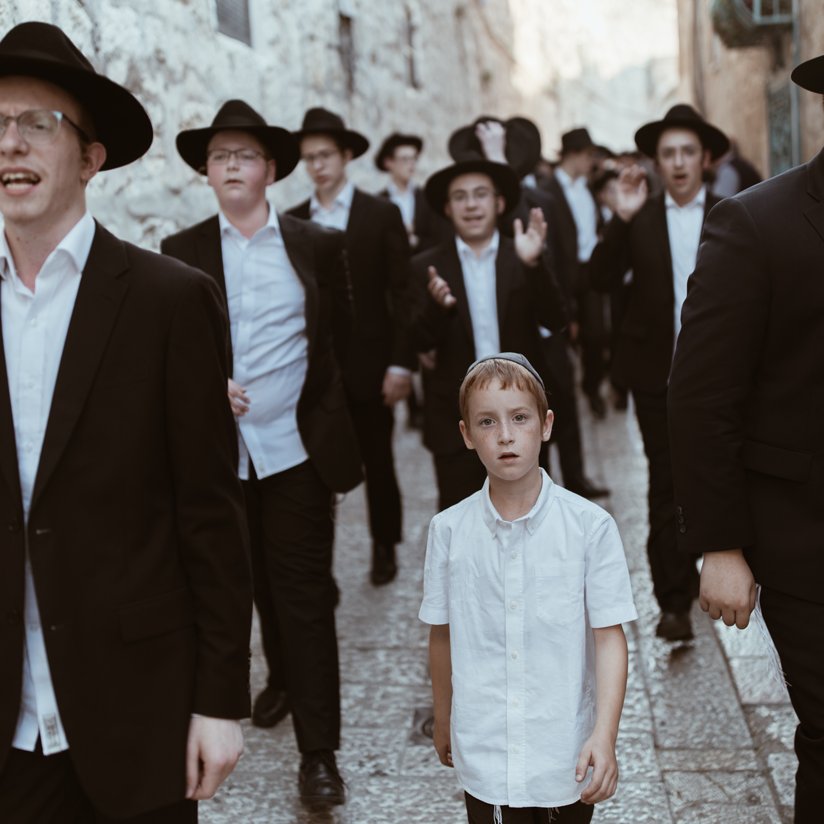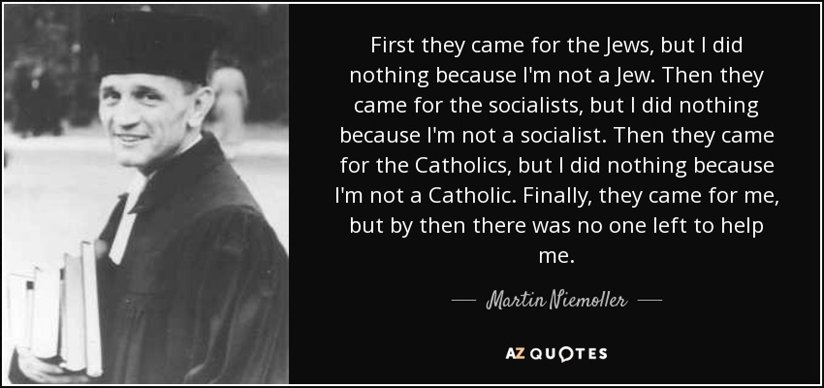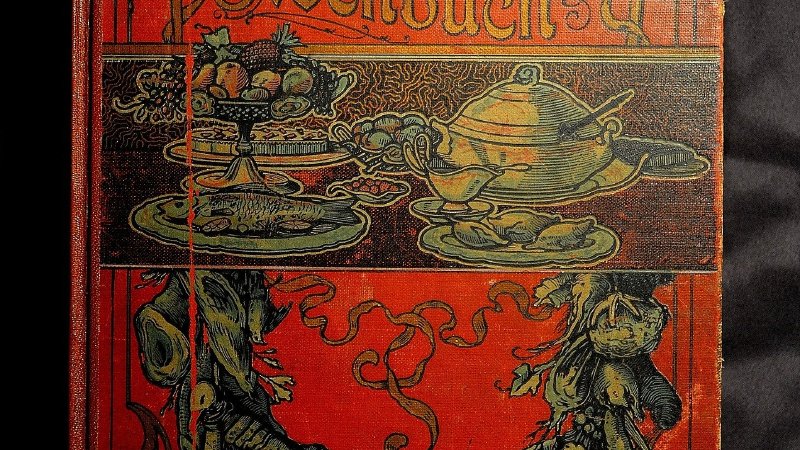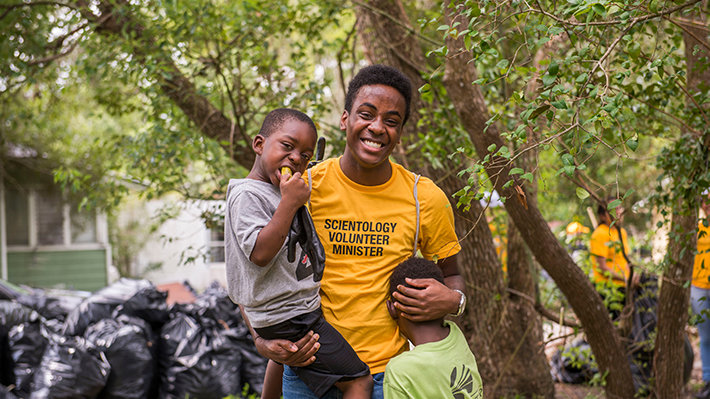
-
HOME
-
WHAT IS STANDOur Mission Our Values Our Help Contact
-
WHAT WE FIGHT FORReligious Freedom Religious Literacy Equality & Human Rights Inclusion & Respect Free Speech Responsible Journalism Corporate Accountability
-
RESOURCESExpert Studies Landmark Decisions White Papers FAQs David Miscavige Religious Freedom Resource Center Freedom of Religion & Human Rights Topic Index Priest-Penitent Privilege Islamophobia
-
HATE MONITORBiased Media Propagandists Hatemongers False Experts Hate Monitor Blog
-
NEWSROOMNews Media Watch Videos Blog
-
TAKE ACTIONCombat Hate & Discrimination Champion Freedom of Religion Demand Accountability
Why Tolerance Is Not Enough. #respectfaith
When I was a child in France the word “culte” just meant “worship.” Still does.
In fact, when intolerant types there disapprove of some faith, they call it a “secte.”
Of course, in the USA a cult can be anything from “the cult of skinny jeans” to some dark, authoritarian thing.
But the term is becoming a problem. Religions trying to fight what they call “cults,” often find themselves with the same label. That’s because many people opposed to “cults” are really opposed to religion in any form.

Christianity Today uses this example: “My sister was accused of being in a cult just because she preferred hanging out with Christian friends rather than going out drinking with other friends.”
The article goes on to say, “The word cult can hurt people because it carries so much negative meaning.”
That’s not new news. State-sponsored German attacks on Scientology in the eighties destroyed careers and denied access to school for innocent children.
You may not agree with a particular religion, but without religious tolerance, we all die.
It’s even going on today in the USA. As one Scientologist mom put it, “High School is hard enough without added intolerance!”
Pastor Niemöller, author of the famous “then they came for me” quote, once said:
“I hated the growing atheistic movement, which was fostered and promoted by the Social Democrats and the Communists. Their hostility toward the Church made me pin my hopes on Hitler for a while. I am paying for that mistake now; and not me alone, but thousands of other persons like me.”
The meaning is clear: watch whom you collaborate with as you attack some “wrong belief.”

Everyone is hated somewhere. Every faith group is in the minority someplace in the world. Muslims are attacked in this country. Catholics are persecuted in Nigeria. ISIS carried out a bloody campaign against Iraqi Christian sects. The list goes on.
I hear that, at the International Religious Freedom Round Table, (a large multifaith collaboration based in Washington D.C.) it’s common to see a Baptist make common cause with a Scientologist. That’s because they know that, when A&E insists on keeping a hate show going despite plummeting ratings, they’re not attacking one faith. These people are building a business based on attacking religion. Period.
Look: you may think a faith is odd or strange, or even darkly persuasive. But so what? The far greater danger comes from the forces opposed to religion. Any religion.
The saying “the enemy of my enemy is my friend” isn’t very useful when the enemy of your enemy is also after you. People of faith who rely on anti-religionists are asking to be next on the list. In the breathtaking sci-fi series The Expanse, the people living in our solar system are endlessly fighting each other, even while a terrible threat is coming from far outside the system.
Kind of sounds like the religions of Earth today.
An existential threat faces religion. You may not agree with a particular religion, but without religious tolerance, we all die.
And even “tolerance” isn’t enough. If you look it up, you’ll see that it’s really a kind of passive-aggressive word for turning one’s head and “letting” someone else exist. Just stay in your corner.
That kind of “see no evil, hear no evil” won’t protect us all from bigotry. We need a new term: respect.
When I respect you, I honor you. I want to listen. I consider you important. And I want to support you in your good works.
Respect, not tolerance. If we practice respect, then we can support belief—whatever shape, size or color it comes in. #respectfaith.
Because the alternative is no faith at all—and a world without faith is a dangerous one indeed.









